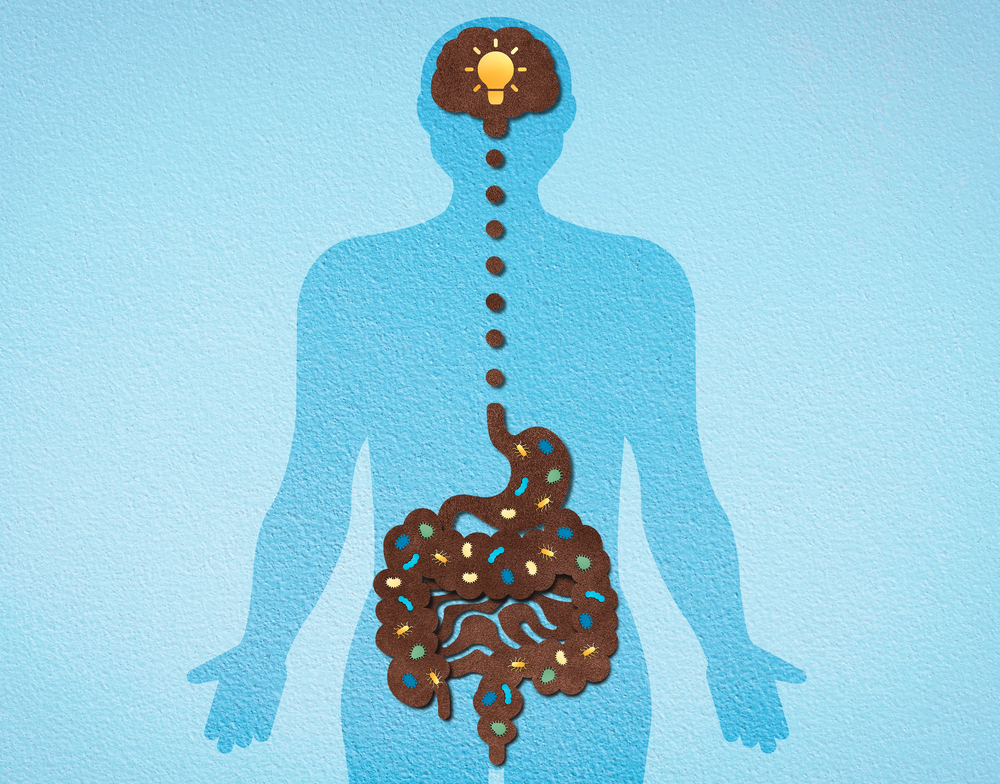The gut-brain axis communicates through metabolic, neural, immune, and endocrine pathways, which are influenced by the gut microbiota. Prebiotics are foods used by the gut microbiota to improve health. Prebiotics, such as inulin and fructooligosaccharides (FOS), are present in many foods and microbiome-supporting supplements. It’s a relatively inexpensive and easy intervention for patients to follow, and research suggests numerous health benefits, including physical and cognitive health in aging.
The Study
The PROMOTe (effect of PRebiotic and prOtein on Muscle in Older Twins) trial, published in Nature Communications, is a placebo-controlled double-blinded randomized controlled trial. Prior research suggests that the gut microbiota influences body composition and skeletal muscle. The trial’s primary endpoint set out to understand whether modulating the gut microbiome improves skeletal muscle function. A secondary endpoint focused on cognitive improvement.
During the trial, 36 twin pairs (72 individuals) aged 60 and older received either a placebo or 7.5 g of a prebiotic containing inulin and FOS for 12 weeks. One twin was randomized to each study arm. All participants also participated in resistance exercise and received branched-chain amino acid (BCAA) supplementation. Both resistance exercise and dietary protein are known to help maintain muscle; however, in older adults, anabolic resistance of skeletal muscle to protein has been observed. This effect is thought to be mediated by the gut microbiome.
Muscle strength was measured by a change in chair rise time, which is the time to do 5 chair rises without using the arms. This metric is associated with quality of life, physical function, frailty, multimorbidity, and cognitive function. It is recommended by the European Working Group of Sarcopenia of Older Persons 2 guidance. In the study, chair rise time improved equally in both the prebiotic and placebo groups.
Cognition was assessed via CANTAB (Cambridge neuropsychological test automated battery), a validated, computer-based cognitive assessment system. CANTAB includes testing for executive function and memory. Several other secondary endpoints were assessed, but did not produce clinically relevant findings.
While the primary endpoint showed no evidence that a prebiotic improved muscle strength compared to a placebo, the secondary endpoint revealed a cognitive benefit. Specifically, there was a significant improvement in the number of errors on the Paired Associates Learning test from the CANTAB battery, which assesses visual memory and new learning. Impairments in this test are considered an early marker of Alzheimer’s disease.
Gut microbiome composition was also analyzed. Forty microbiome features changed in the prebiotic group, and only one in the placebo group. The Actinobacteria phylum, and particularly beneficial Bifidobacterium, was elevated in the prebiotic group compared to the placebo. Increases in Actinobacteria correlated with improved cognitive ability. Several studies using Bifidobacterium probiotics have shown cognitive improvement.
Genetic and environmental factors impact physical and cognitive function, and a strength of this study is randomising within twin pairs to remove these variables.
Conclusions
While the primary endpoint did not demonstrate a link between improved muscle strength and prebiotic administration, the study authors note that the specific prebiotics, the dose, and study length (12 weeks) may explain the lack of benefit compared to other studies. More research will help us understand whether certain prebiotic regimens can help muscle strength. In the meantime, prebiotics may be considered to improve cognition for the aging population.






